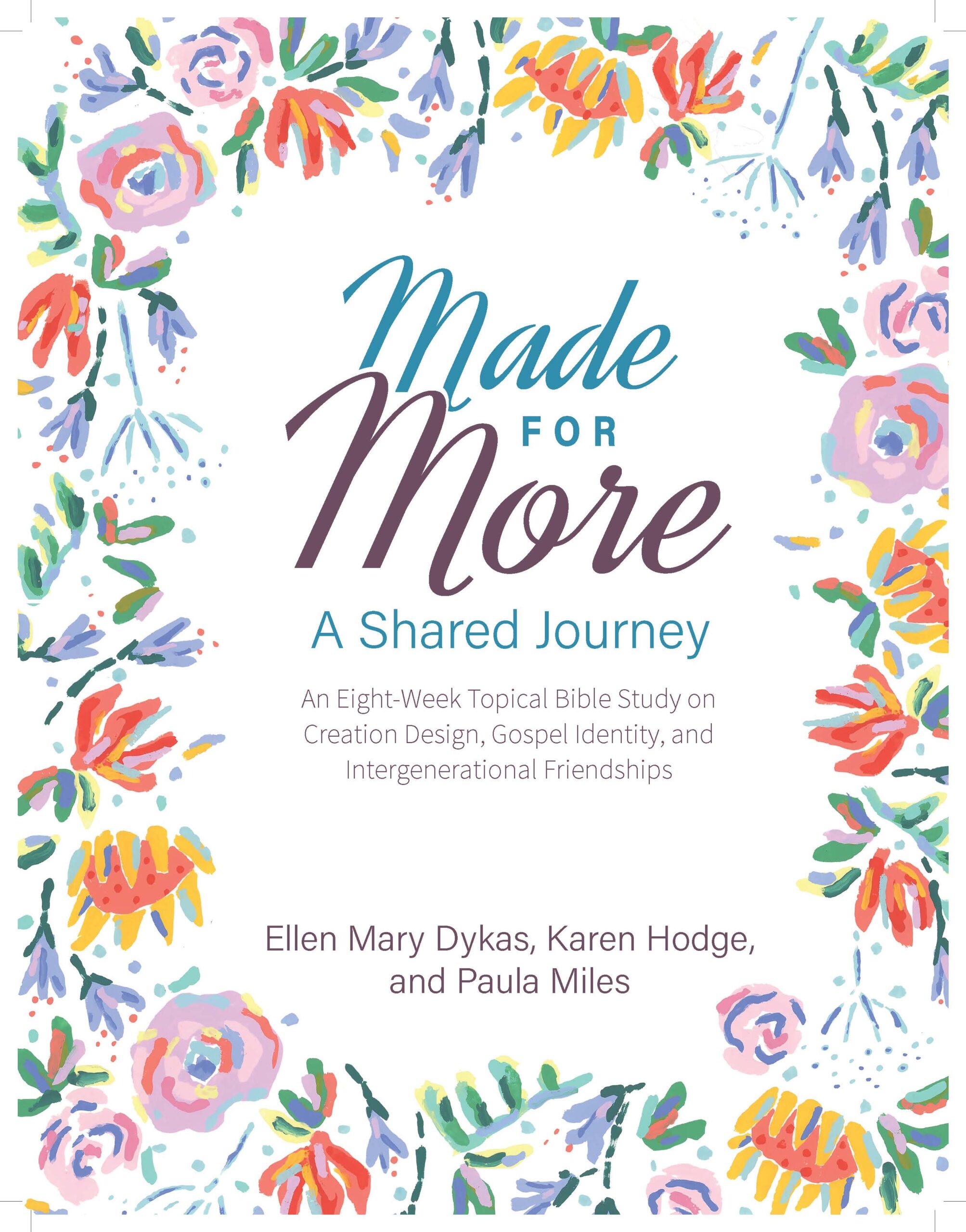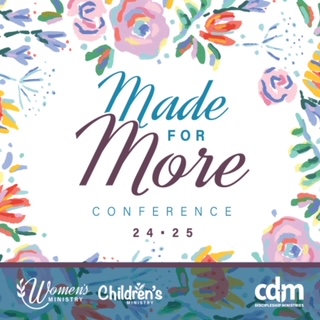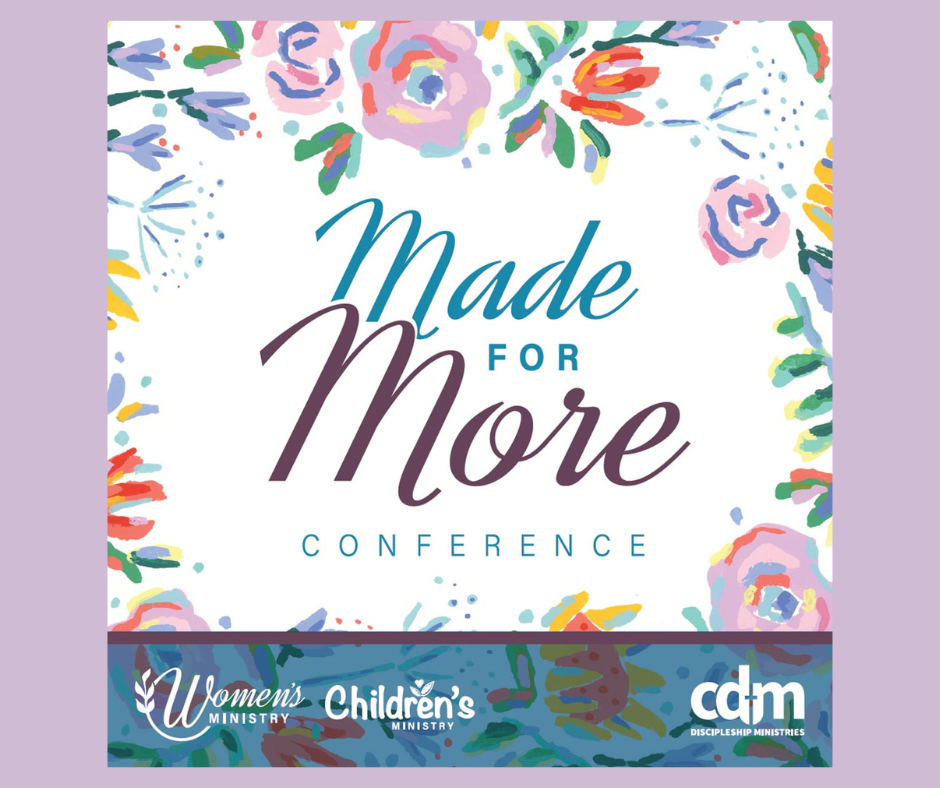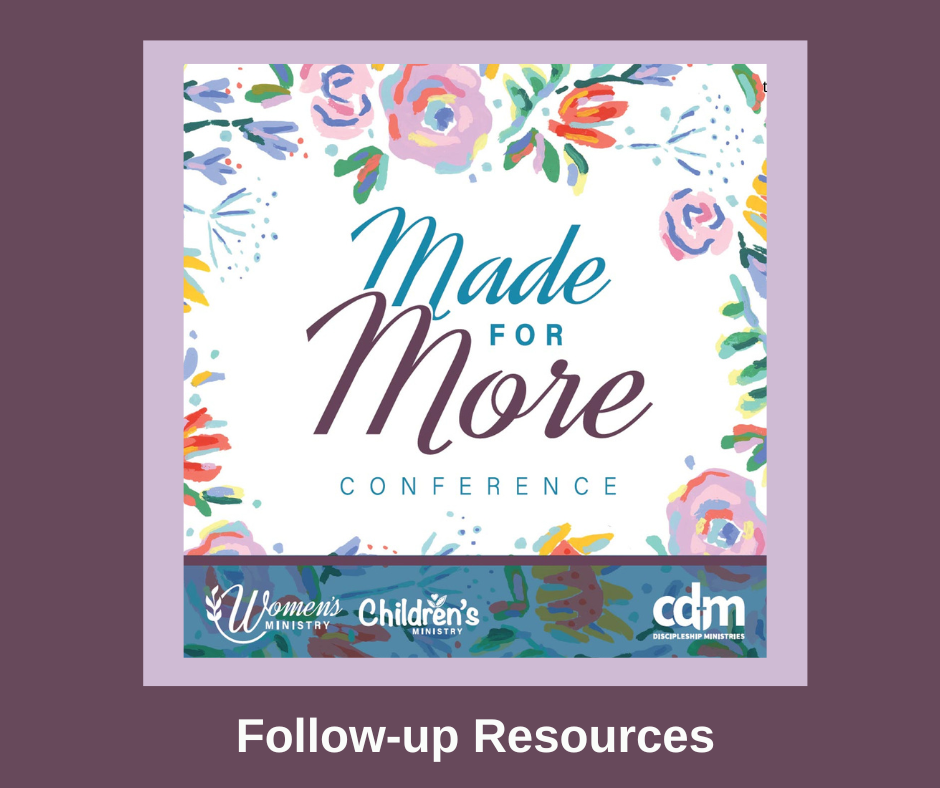No One Left Behind! Made for More: A Shared Journey
KAREN HODGE | CONTRIBUTOR My family and I prepared for a hike during a recent trip to England. As we got ready, we needed to ensure we had all the equipment necessary for a long journey: the right shoes, plenty of hydration and food, and an accurate trail map. The first mile of the hike was relatively easy until we came to the edge of Malham Cove. I stared at four hundred steps straight up a three-hundred-foot incline to the white cliffs above me. At this point, I was tempted to turn back since I was only one mile into a five-mile hike. Half of my family was already at the top, and they shouted over the ledge, "The view is worth the effort!" I took my time so as not to trip or fall. I looked over my shoulder, and my kind son-in-law walked behind me. He is an expert hiker, so I urged him to speed up. As I huffed and puffed, he said, "Nobody in our family gets left behind." Over the next several hours, we saw spectacular views including grand vistas and beautiful waterfalls. I was also thankful that my son-in-law had an "AllTrails" app that helped us see when we were veering off the marked trail. That evening, when we got to the trail's end, we feasted and reminisced about our walk through the beauty of God's creation. A Shared Journey This fall, PCA Women’s Ministries will embark on a Made for More shared journey that will take us to eight cities around North America. It is our hope that these intergenerational conferences for young women third grade and up will just be the beginning of an ongoing conversation. We will be talking about the things that matter most surrounded by the people that matter most in our lives. We will explore big questions such as who is God, why am I here, what is my purpose, and what is my final destination on this faith journey? We hope that these questions spark conversations that will continue long after the conferences...










